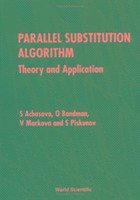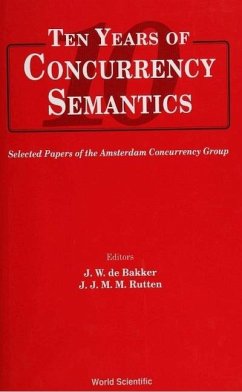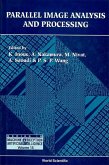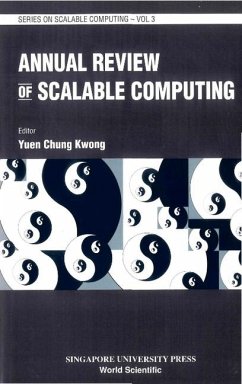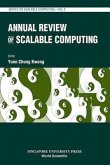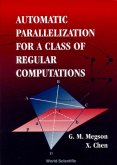Parallel Substitution Algorithm (PSA) is a new model for distributed (cellular) computations. It provides a concise mapping of distributed computation processes into cellular arrays. A PSA is specified by a set of parallel substitutions operating over a cellular array.Two concepts make PSA a powerful tool for modelling cellular computations: 1) naming functions which allow the specification of any type of interactions in the computation space, 2) a context which serves to represent control of a computational process in time.The foundation of PSA theory comprises validity conditions of computations in the synchronous and asynchronous modes, space-time, space-space (2D ⇒ 3D) and global-local equivalent transformations of PSAs, composition and decomposition of PSAs and interpretation of PSAs with automata nets.On the basis of the PSA theory, a variety of tools and techniques is developed for designing algorithmic-oriented cellular VLSI and optical architectures.
Hinweis: Dieser Artikel kann nur an eine deutsche Lieferadresse ausgeliefert werden.
Hinweis: Dieser Artikel kann nur an eine deutsche Lieferadresse ausgeliefert werden.

